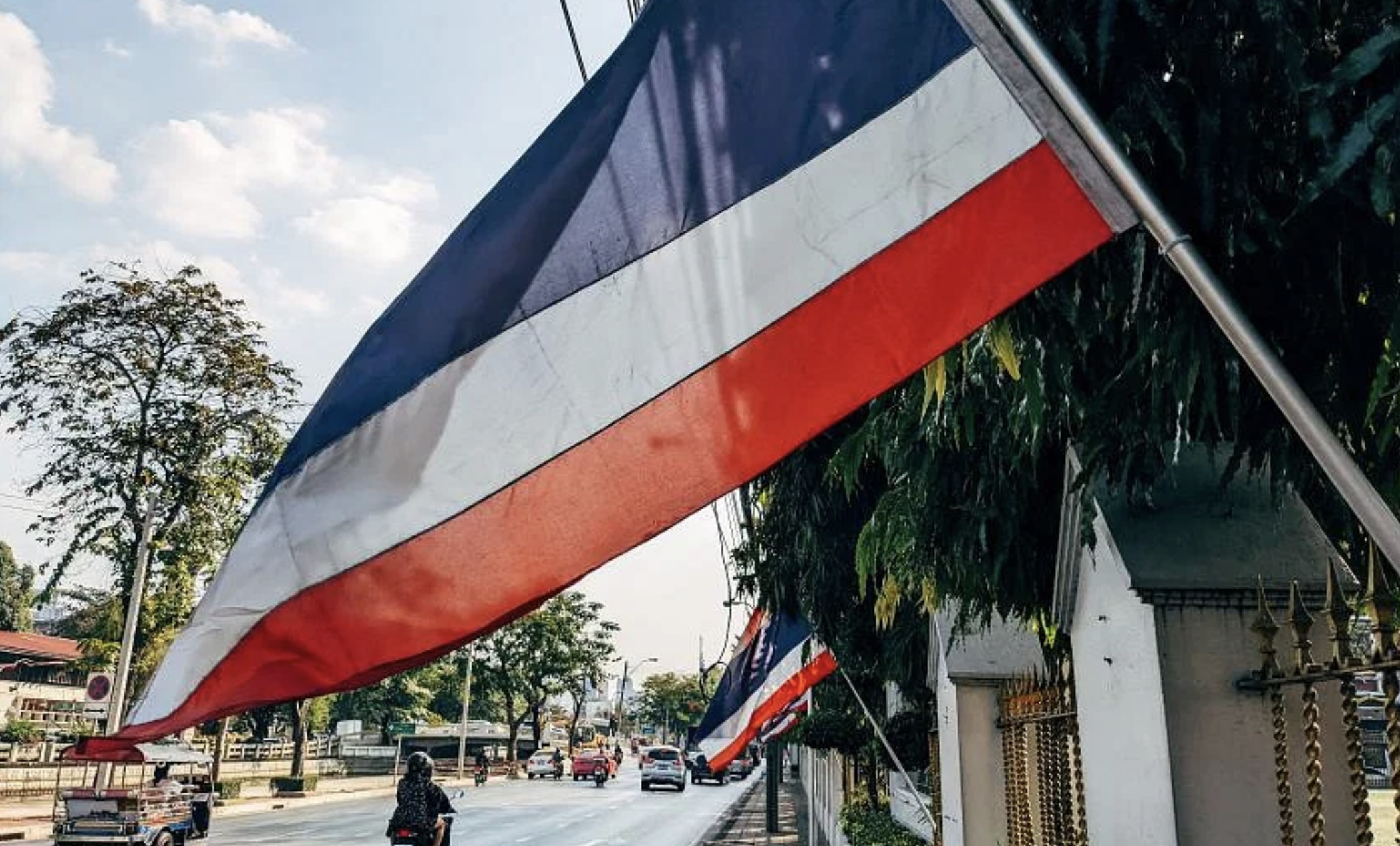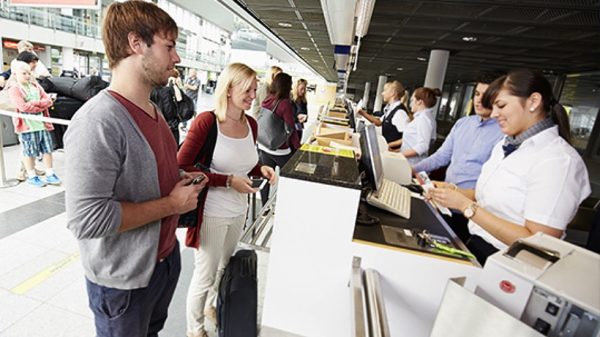Thailand’s general election, set for May 14, is likely to be dominated by old grudges between the military/royalist/establishment and populist opposition parties – the same has been the case for every election and conflict over the past two decades.
The election will determine whether a democratically elected winner can stand up to the pro-military order or work with it, which will determine the political and economic trajectory of Southeast Asia’s second-largest economy.
The election contest will be between the rural-based political juggernaut founded by telco tycoon Thaksin Shinawatra, and the conservative, Bangkok-based political elite, dominated by pro-military forces that have ruled since the last coup in 2014. The Shinawatra-backed parties have won every election in the past 2 decades and are set to win the 2023 election, potentially in a landslide.
But the way the formation of a parliament has been ‘jiggled’ in the 2017 Thai constitution may continue to work against the progressive opposition parties forming a workable coalition or government.
The leader of the biggest party in the lower house after the election – the party with the most MPs – could be denied choosing a prime minister of their choice if the Senate wanted to stymie them in a vote with the support of minority parties in the lower house.
The Senators are all handpicked by the NCPO, the organisers of the 2014 coup that stacked the 2017 constitution in their favour. They include ex-army generals and friends of the current PM and Bangkok establishment.
Mathematically, there are 500 MPs in the lower house and 250 Senators. To choose their own PM, a party must win 50% of the votes in the lower house, plus one. An almost impossible task in Thailand’s fractured multi-party political landscape. Otherwise a joint-sitting of the two Houses of Parliament can choose a PM from the nominations from each party. Or even an ‘outsider’ if they don’t like any of the party’s nominees.
It’s thought the Senate are likely to throw their weight behind a conservative PM. So you could have a lower house dominated by an opposition coalition (probably Pheu Thai and the Move Forward parties) but headed up by a conservative PM, even the possible return of Prayut Chan-o-cha.
All in all, it would be an interesting government. Sort of democracy, Thai style.
The Shinawatras have a lot of support in the countryside and from working-class voters but are detested by many middle and upper-class Thais who accuse them of cronyism and buying off the poor with wasteful populist policies that unfairly burden urban tax-payers.
Leading the conservative campaign is the current PM Prayut Chan-ocha, a former army chief who led the last coup in 2014 and has ruled since, usually dispensing with the army uniform and opting for the suit and Thai or traditional Thai silk jackets. Prayut would appear to have his work cut out, as he came third in an opinion poll by the state-owned National Institute of Development Administration released on Sunday. That same poll put the Pheu Thai ‘likely’ PM nominee Paetongtarn Shinawatra, the youngest daughter of Thaksin Shinawatra, and currently 7 months pregnant, way in front.
Other luminaries to fair poorly in the recent poll are the leader of the current coalition leader Palang Pracharat, Prawit Wongsuwan and the mercurial public health minister, and cannabis champion, Anutin Charvirakul (who pulled less than 2% of the poll as a preferred PM).
The Shinawatras’ supporters have taken to the streets over the past two decades, as have their pro-military rivals, on occasion sparking bloody chaos when the army cracked down. The sights of the Red and Yellow shirts became a divisive symbol of, sometimes violent, street protests over the last decade.
Authorities will also be keen to avoid the return of youth-led protests that began in 2020 with opposition to Prayut’s government but evolved into once-unthinkable calls for reforming the monarchy – traditionally considered the unquestionable cornerstone of Thai culture and authority.
The young protesters were calling for the powers of the Head of State be codified in the Thai constitution.
Both groups of opposition supporters have pinned hopes for change on the election. It is yet to be seen what tricks the conservatives have up their sleeves, with the Constitutional Court in their corner, as the votes get cast on May 14.









